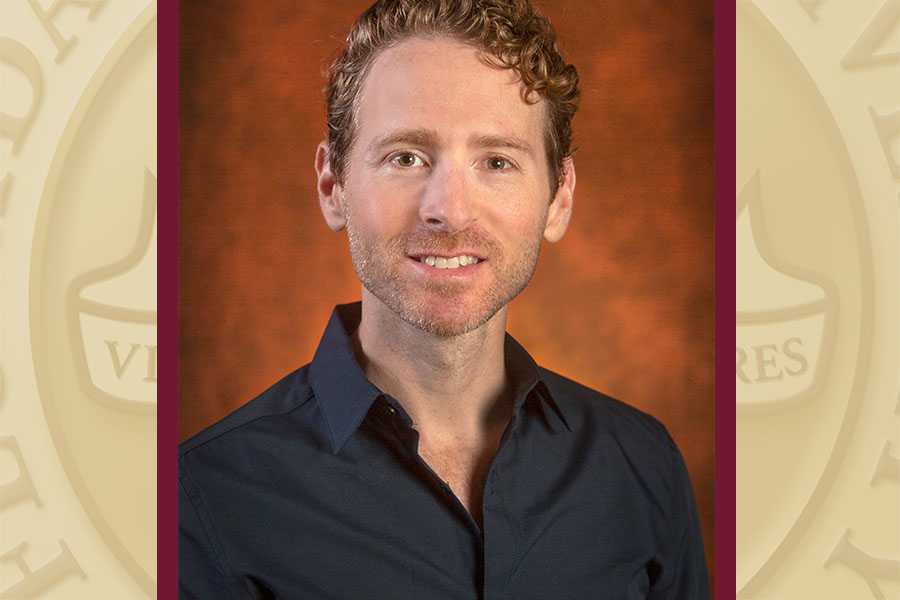FSU researcher receives NSF grant to investigate shooter bias

A Florida State University researcher has received a grant from the National Science Foundation to study the role of threat in what is termed shooter bias.
Assistant Professor David March from the Department of Psychology — part of the College of Arts and Sciences — is focused on how processes often operating outside of our awareness affect attitudes that drive behavior. He will use the $413,000 grant to investigate how shooter bias — whether people are more prone to shoot individuals from certain social groups—is driven by automatic associations linking certain groups to threat or associations linking certain groups valence, an intrinsic assessment of positivity or negativity.
“My research focuses on the automatic reactions occurring within the first few hundred milliseconds, and I’ve shown that defensive behaviors are driven mostly by threat processing, which makes sense when going back to the basics of survival and fight or flight,” March said. “My Dual Implicit Process model explains how this prioritization of threat has implications for social and cognitive processes. Threat has a unique and often non-conscious influence on behavior, especially very quick, reflexive and automatic behaviors toward social groups stereotyped as threatening.”
Shooter bias is one example of these threat-driven behaviors that may disproportionally affect certain groups. Exploring the underlying causes of shooter bias is one line of March’s overall program of research.
March studies the consequences of the fact that humans have sensory systems tuned to threats in their environment. In terms of how our minds process information, people are primed to process and react to threats from other humans in a split second at an unconscious level. A key aspect of March’s research will be to apply the model of threat processing that he created to help isolate some of the ways in which these threat responses affect behavior. March contends that one of those ways is as shooter bias.
“David has developed a unique approach to understand the factors that shape these snap judgements, as prior research demonstrates that these perceptions lie at the root of racial bias, misunderstanding, conflict, and even violence,” said Frank Johnson, chair of the Department of Psychology. “The success of a free society, one that respects the rights of individuals, depends on each of us developing the ability to make accurate, unbiased judgements about one another.”
March’s research into the causes of shooter bias involves FSU’s Innovation Hub, which will create a virtual reality simulation to more accurately measure participants’ reactions to potentially threatening individuals. The simulation, March hopes, will also be flexible enough for other researchers around the world to use it to research different programmable parameters contributing to shooter bias, such as different races or genders. The ultimate hope is that the results of this work will be used to help develop more effective anti-bias interventions and trainings.
“This is an extremely important line of research because these behaviors have life or death consequences for so many people,” March explained. “It’s a necessary place for me to start.”

